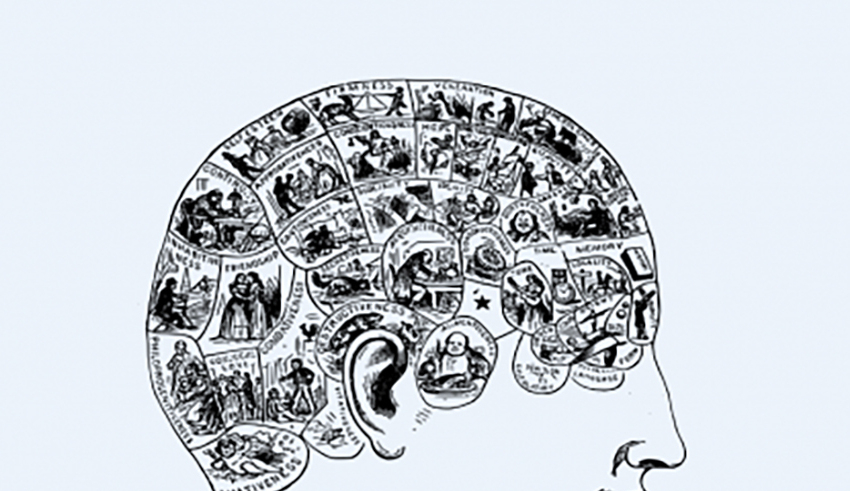
Researchers discovered that YouTube videos providing nutritional therapy for atopic disorders were mostly insufficient and misleading in a recent study published in the journal Allergy & Asthma. The study emphasizes the hazards of seeking medical advice from internet sources.
Atopic disorders, such as eczema and asthma, can be difficult to control, and patients frequently seek alternative treatments, such as dietary modifications. The study does demonstrate, however, that many YouTube videos suggesting dietary therapies for these illnesses lack legitimacy and scientific integrity.
The researchers examined 200 YouTube videos, assessing their content, sources, and compliance with evidence-based criteria. Surprisingly, just 16.5% of the videos offered credible and accurate information.
The bulk of the videos spread baseless claims, unconfirmed stories, and pseudoscientific advice, which can mislead and perhaps injure viewers looking for legitimate atopic illness management advice. Misinformation like this might lead to poor treatments and excessive dangers.
Keep Reading
When seeking information about medical problems and their management, healthcare professionals and experts highlight the need of relying on credible sources, such as medical publications and trusted healthcare providers. Online sites such as YouTube should be used with caution since they may not always give credible or evidence-based information.
The study emphasizes the importance of greater regulation and quality management of online health information, particularly for illnesses requiring specialist medical competence. Furthermore, educating the general people about the dangers of relying entirely on internet sources is critical.
Patients and caregivers are encouraged to seek tailored advice and evidence-based suggestions from experienced healthcare experts while treating atopic illnesses. Individuals may guarantee their well-being and avoid the possible hazards of false information obtained on platforms such as YouTube by emphasizing credible sources and educated healthcare decisions.
























